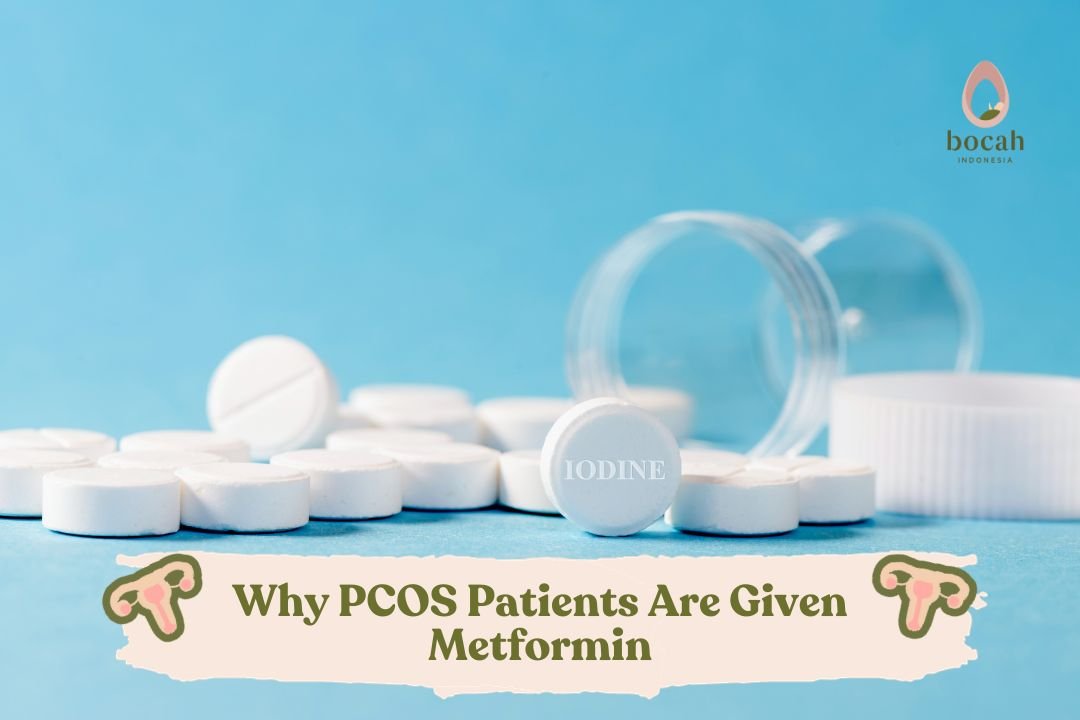Polycystic Ovary Syndrome (PCOS) can feel like an unsolvable puzzle, especially when symptoms like weight gain, irregular periods, acne, or fertility struggles start interfering with everyday life. The good news? You’re not alone, and there are options out there that can genuinely help. One of the most commonly prescribed medications is metformin for PCOS—a drug originally developed to treat type 2 diabetes. But what does it really do for PCOS? Is it effective? Are the side effects worth it? Let’s break it all down in a clear, friendly way so you can feel empowered and informed in your health journey.
How Metformin Helps in PCOS Treatment
Metformin isn’t a cure for PCOS, but it can be a game-changer for many women. It works by improving how your body processes insulin—a hormone that often gets out of whack in PCOS. When insulin levels are too high, your body may produce more androgens (male hormones), which can worsen symptoms like acne, irregular cycles, and weight gain.
So, by targeting insulin resistance, metformin and PCOS treatment go hand in hand. According to multiple PMC-indexed metformin PCOS research studies, it helps regulate ovulation, improve menstrual regularity, and may even support fertility in women trying to conceive.

Metformin PCOS Benefits You Should Know
Let’s talk real benefits—what can you expect? Some of the most widely reported metformin PCOS benefits include:
- More regular periods: Many women notice more predictable cycles within a few months.
- Improved ovulation: By balancing insulin and reducing androgen levels, metformin PCOS ovulation support becomes possible for women with irregular cycles.
- Weight management: While it’s not a magic weight-loss pill, metformin PCOS weight loss results can be promising, especially when paired with lifestyle changes.
- Lower androgen symptoms: This includes reduced acne and less hair loss, two of the more frustrating cosmetic symptoms tied to PCOS.
- Improved fertility outcomes: Some women report successful conception after starting metformin, especially in combination with other fertility treatments.
Real Talk: Metformin PCOS Side Effects
Of course, no medication is without side effects. The most common metformin PCOS side effects include nausea, stomach upset, bloating, or diarrhea—especially in the beginning. Taking it with food or starting at a lower metformin PCOS dosage can help ease the adjustment. In rare cases, it may lead to vitamin B12 deficiency with long-term use, so it’s worth monitoring that with your doctor.
Metformin for PCOS and Fertility: What You Should Know
Trying to conceive with PCOS can be overwhelming. Metformin PCOS fertility benefits often come from its ability to regulate ovulation and support hormonal balance. While it doesn’t work for everyone, it can be a helpful first step before moving to medications like Clomid or Letrozole. Metformin PCOS pregnancy success stories are common, particularly when combined with a supportive fertility plan and lifestyle changes.
Real People, Real Results: Metformin PCOS Success Stories
Looking for hope? You’re not alone. Many women have shared their metformin PCOS success stories, and while every journey is different, common themes include weight loss, improved energy, clearer skin, and yes—even babies! The metformin PCOS success rate varies depending on the individual, but hearing others’ stories can be incredibly encouraging if you’re feeling discouraged.
If you’re searching for metformin PCOS before and after experiences, you’ll find inspiring transformations on forums and health blogs—women who’ve regained control over their bodies, improved their mental health, and even restored their confidence.

Metformin PCOS Acne and Hair Loss: Can It Help?
Struggling with stubborn hormonal acne or frustrating hair loss? These symptoms are often triggered by high androgen levels. Since metformin helps reduce those levels, it can absolutely improve PCOS acne and hair loss over time. Just keep in mind that skin and hair cycles take a while to catch up—patience is key.
How Long Can You Take Metformin for PCOS?
When it comes to metformin PCOS long-term use, many healthcare providers consider it safe when monitored correctly. Some women use it for a few months to regulate cycles, while others stay on it for years to manage insulin resistance. Always work with a doctor to tailor the plan to your needs.
Pairing Metformin with Lifestyle Changes
Metformin works best when paired with healthy habits. That means combining it with exercise, stress reduction, and a balanced diet. Think of metformin PCOS lifestyle changes as a team effort—medication gives your body a boost, and your daily choices amplify the results.
Looking for Natural Alternatives?
Not sure metformin is right for you? You’re not alone. Some women explore metformin PCOS natural alternatives like inositol (particularly Myo-Inositol), berberine, or cinnamon. These can support insulin sensitivity too, but results may be slower. Always consult your doctor before switching or adding supplements.
Final Thoughts
Metformin for PCOS isn’t a one-size-fits-all fix—but it’s a well-researched tool that can make a noticeable difference for many women. Whether you’re trying to regulate your periods, clear up skin, lose weight, or get pregnant, metformin could be part of your solution. Just remember: the best treatment is the one that works for you. Talk to your doctor, explore your options, and take one step at a time.

